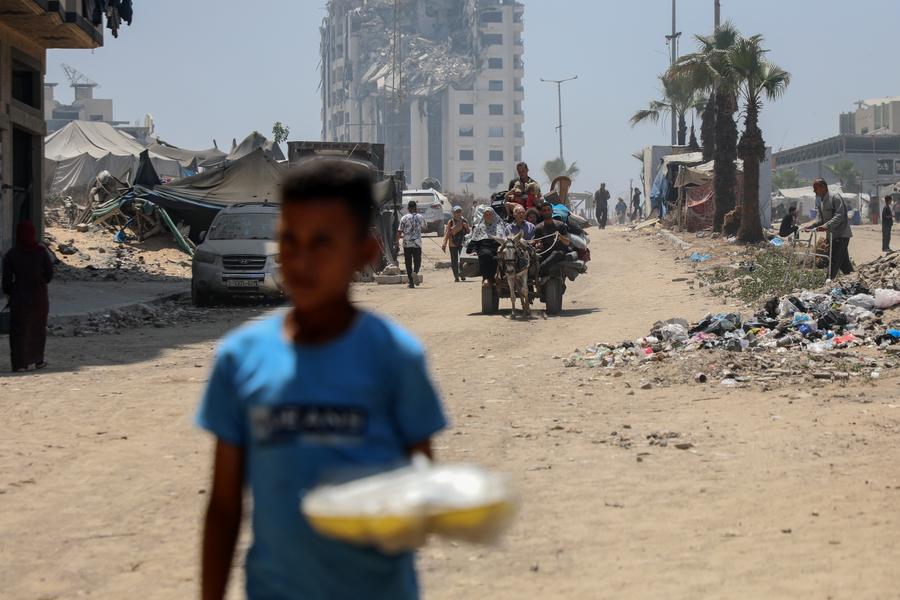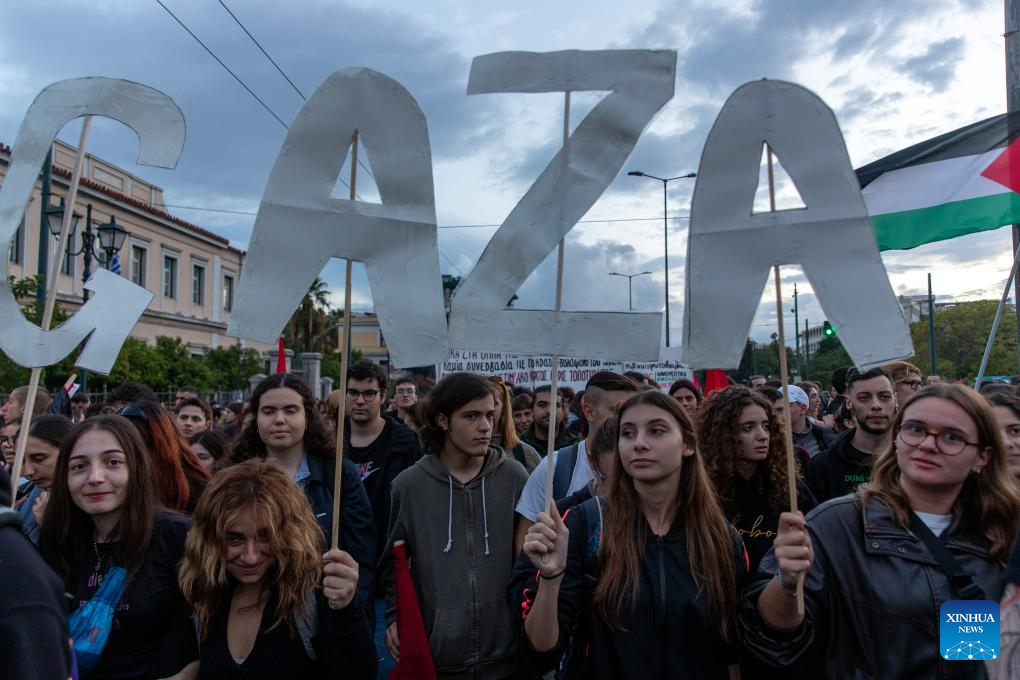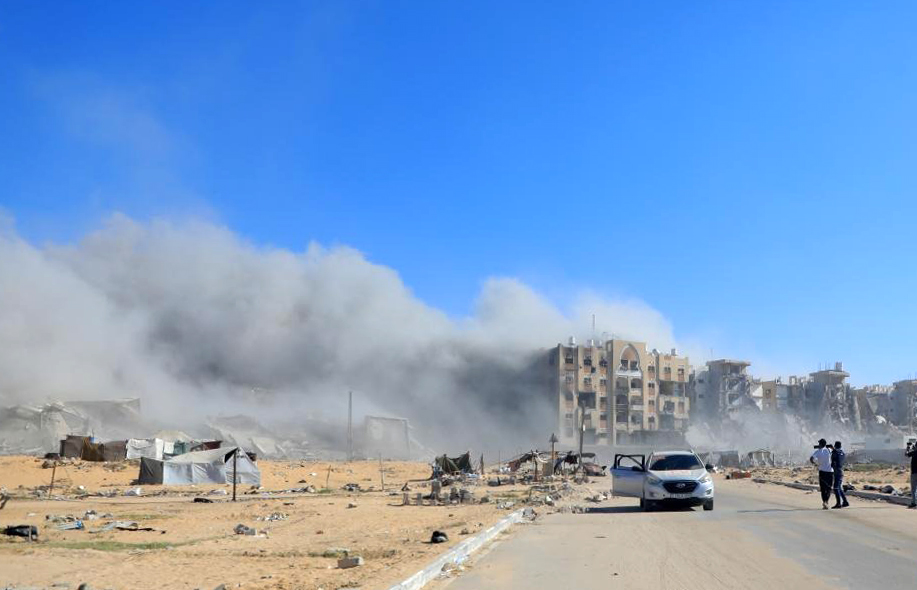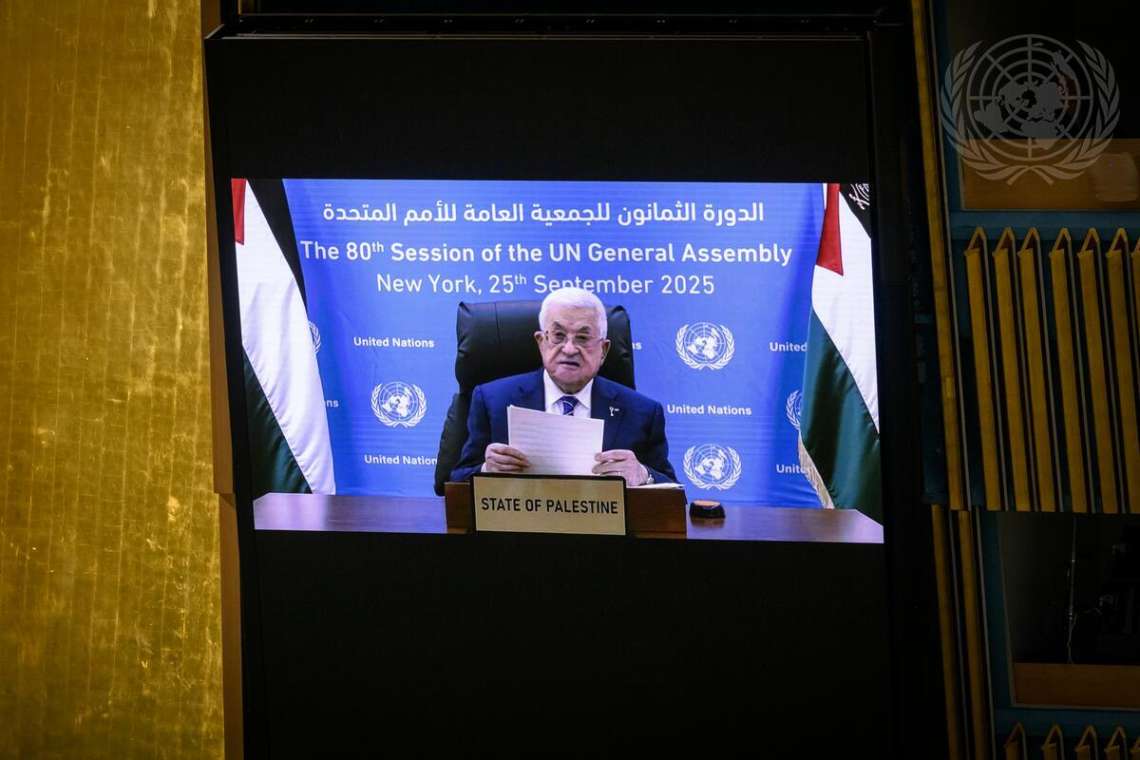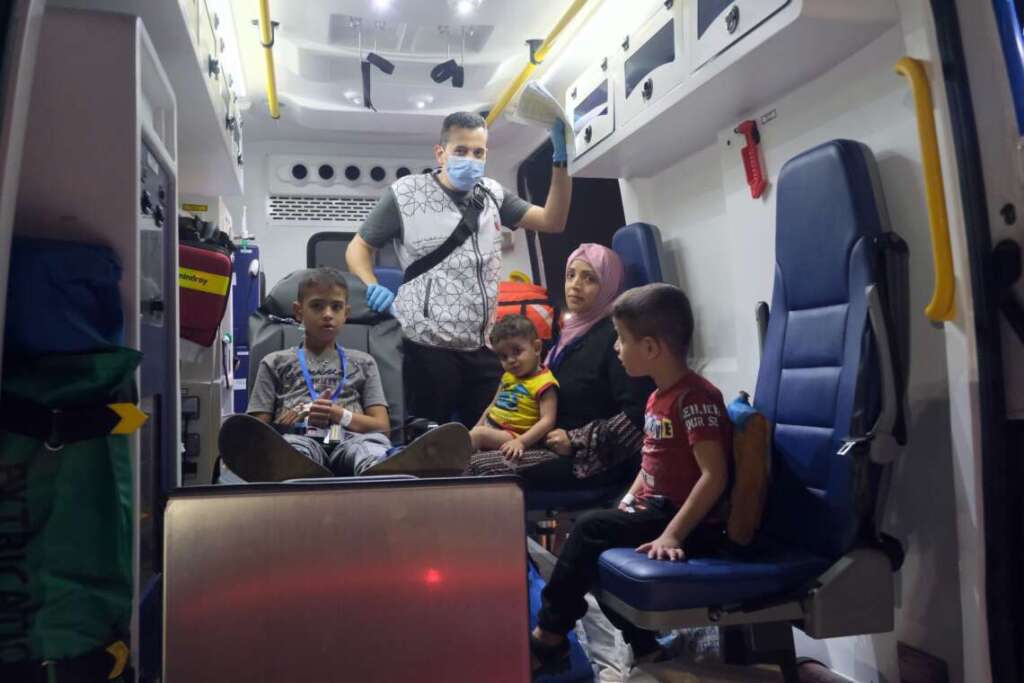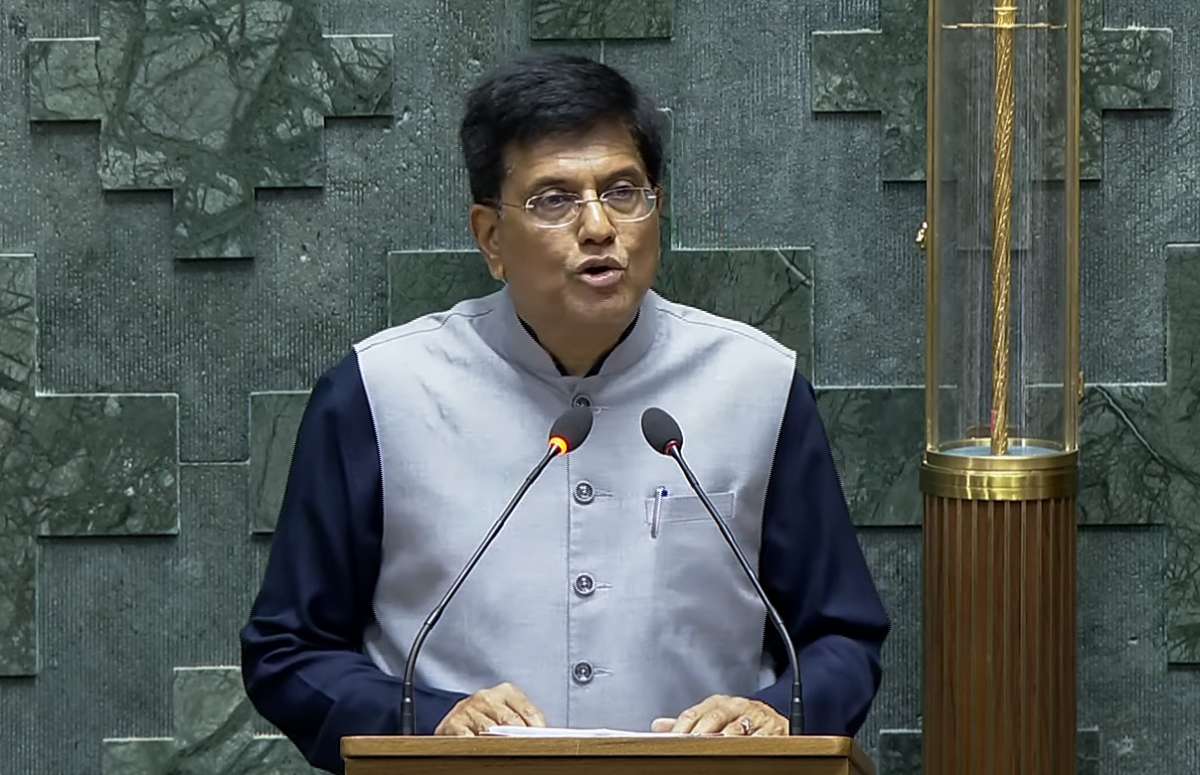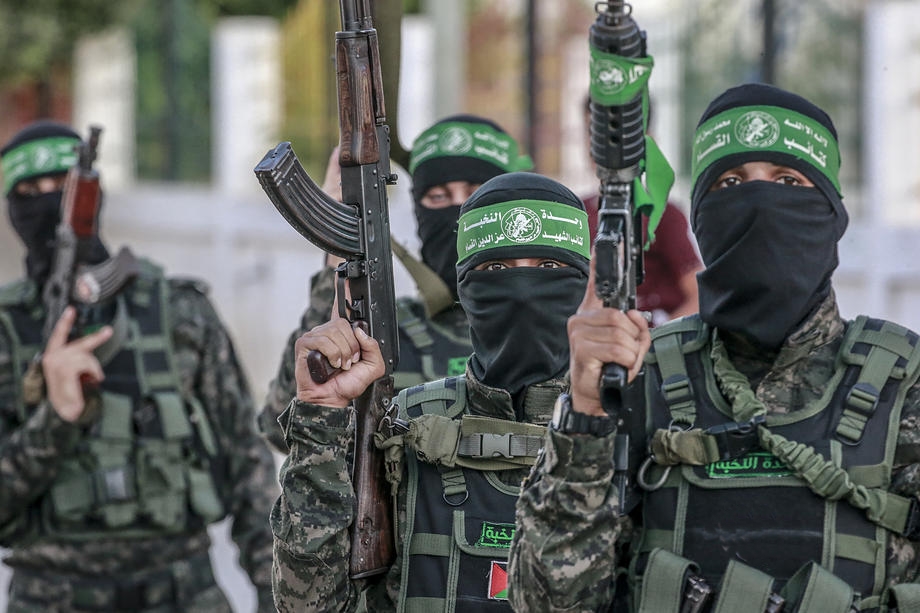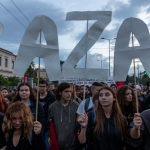WHO said Gaza’s population is facing acute food insecurity under the Integrated Food Security Phase Classification…reports Asian Lite News
The World Health Organisation (WHO) has issued its starkest warning yet about the humanitarian crisis in Gaza, declaring that the besieged enclave has entered the most severe stage of famine, with thousands at imminent risk of starvation and death. At the same time, aid agencies report mounting obstacles to delivering relief, as Israeli checkpoints, military operations, and chaos continue to hinder food and medicine distribution.
In a statement on Thursday, the WHO said Gaza’s population is facing acute food insecurity under the Integrated Food Security Phase Classification, describing widespread hunger, days without food, and deaths due to organ failure and extreme malnutrition. The agency warned that children are particularly vulnerable and that the physical consequences of malnutrition—such as stunted growth and permanent health issues—could last a lifetime.
The WHO also underscored that Gaza’s crippled healthcare system is unable to cope, citing a lack of essential medicines, fuel, and equipment. “The health system is barely functioning, and malnutrition requires sustained and specialised medical care. Without urgent intervention, many lives will be lost,” the organisation said.
It called on Israel to allow unrestricted humanitarian access through all available routes, stressing the need for food, fuel and medicine to be delivered safely and rapidly. The WHO reiterated its call for an immediate ceasefire to prevent further loss of life and alleviate the suffering of civilians.
Meanwhile, the United Nations Office for the Coordination of Humanitarian Affairs (OCHA) reported severe difficulties in distributing the aid that does make it through. Despite Israel’s designation of secure aid routes from border crossings like Kerem Shalom, UN trucks often face long delays due to pop-up checkpoints and ongoing ground operations. Drivers, aid workers, and civilians waiting for supplies are frequently caught in dangerous conditions.
“Even when aid makes it into Gaza, much of it is looted or taken by desperate people en route,” said OCHA. “This means supplies often fail to reach community-based distribution points that ensure fairness and safety.”
According to OCHA, the UN prefers using more than 400 small community distribution points across Gaza, as opposed to the four large and militarised hubs backed by Israeli and US efforts, where disorder and gunfire have broken out. The UN also disclosed that only 47% of aid movement requests were fully facilitated by Israeli authorities between July 23 and 29, with 11% cancelled by organisers due to untenable risks.
The humanitarian office demanded that Israel allow the “simultaneous entry of large volumes of humanitarian and commercial goods through all crossings and multiple routes.”
Without this access, “time and resources are wasted, lives are lost, and the response cannot meet the scale of the need,” OCHA warned.

